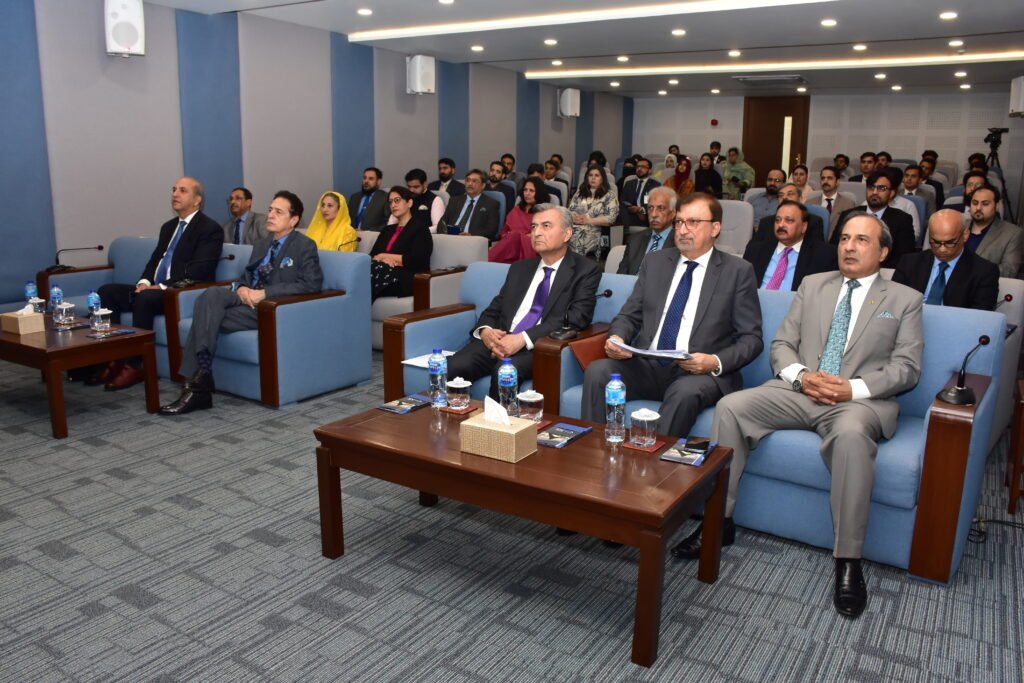
Seminar
Next Generation Air Warfare: Transforming South-Asian Air Forces
About The Event
In today’s rapidly evolving security landscape, states across the world are navigating unprecedented strategic transformations driven mainly by advancements in technology and geopolitical shifts. The digital interconnectedness of the modern era transcends traditional boundaries, amplifying the impact of these changes on military doctrines and strategic imperatives.
Likewise, the entire landscape of air warfare is in the midst of a profound evolution driven by rapid technological advancements. Key innovations such as Artificial Intelligence (AI), quantum computing, big data analytics, machine learning, robotics, and autonomous systems are revolutionising the nature of armed conflict. These advancements not only enhance the precision and efficiency of military operations but also introduce new challenges and opportunities in how wars are fought and won.
The emergence of cutting-edge weapons systems like hypersonic weapons, stealth platforms, unmanned aerial vehicles (UAVs), and cyber warfare capabilities further highlight their transformative impact on future warfare scenarios. Additionally, the strategic role of space-based assets in national defence has become increasingly prominent, highlighting the critical importance of space as a new domain.
In modern military engagements, the integration of airpower within joint military operations is pivotal. This integration enhances the flexibility, precision, and real-time responsiveness of military forces, significantly bolstering mission success rates and safeguarding strategic interests. Collaborative efforts across different military services enable even smaller forces to effectively counter larger threats in an era where adversaries’ capabilities are becoming increasingly diverse and sophisticated.
The on-going Russia-Ukraine conflict is a strategic example of the use of contemporary military technologies and tactics. It illustrates the strategic deployment of advanced weapons systems and the critical role of information and Electronic Warfare (EW) in shaping battlefield outcomes.
To maintain strategic parity and readiness, the Pakistan Air Force (PAF) must continuously assess and adapt to military modernisation efforts by its adversaries, namely the Indian Air Force (IAF).
Recognising the critical importance of navigating this complex landscape, the Centre for Aerospace & Security Studies (CASS), Lahore, organised a seminar on 27 June 2024 titled ‘Next Generation Air Warfare: Transforming South Asian Air Forces’. The seminar provided a platform for insightful discussions and presentations by eminent speakers, shedding light on the future of military technologies in the realm of Air Forces and strategic adaptations necessary to address emerging security threats, particularly within South Asia.
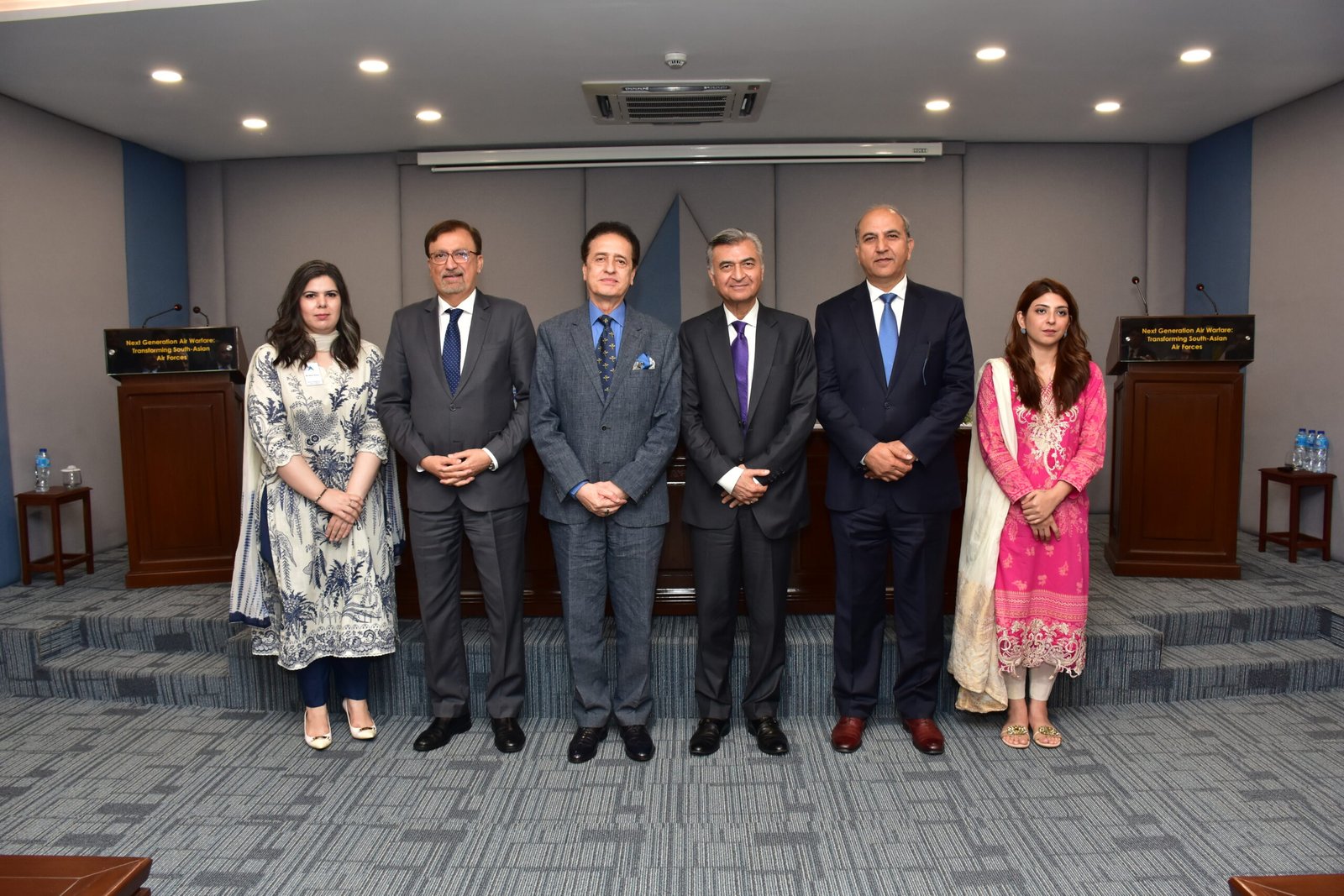
Key Takeaways
- Global Technological Dominance
Advances in AI and other emerging technologies are intensifying global competition and reshaping power dynamics, with strategic financial investments by US and China playing a pivotal role in determining global technological dominance.
- Military Advancements through Dual-Use Technologies
The integration of military innovations, such as GPS and integrated circuits, into civilian technologies highlight the strategic importance of dual-use advancements, enhancing both contemporary warfare capabilities and broader societal development.
- Future Air Warfare Trends
Future air dominance will hinge on advanced technologies like AI guided UAVs and precision weapons, marking a decisive shift towards intelligent, interconnected systems.
- Technological Innovations in Recent Conflicts
The Russia-Ukraine conflict has spurred significant advancements in military technologies, particularly in the strategic use of drones and the development of advanced fighter aircraft.
- Hybrid Nature of Modern Warfare
Modern warfare is hybrid in nature, integrating both kinetic and non-kinetic strategies; challenging traditional distinctions between war/peace times; and accentuating the role of technological innovation in shaping contemporary security landscapes.
- Significance of Space in Military Operations
Enhancing its indigenous space capabilities is crucial for Pakistan to bolster national security, ensure operational autonomy, and effectively respond to evolving security challenges in a contested space environment.
- Harnessing Public-Private Partnerships
Public-private partnerships are crucial for Pakistan as they would enable leveraging private sector expertise, resources, and innovation capabilities, thereby accelerating the development of cutting-edge defence technologies.
- PAF’s Strategic Technological Advancements
The PAF’s advancements in developing UAVs, precision weapons and sensors, combined with substantial investment in cyber-security and AI education, underscore its commitment to bolstering operational readiness through cutting-edge technologies.
Policy Considerations
- Integrated Defence Strategy
Prioritise the assimilation of air, naval, and ground forces under the PAF as part of an Integrated Air Defence Strategy, focusing on AI and unmanned systems to enhance operational efficiency across all domains, particularly for aerial operations.
- Technological Innovation through the Triple Helix Model
Implement a triple helix innovation framework, akin by PAF’s NASTP project, encouraging collaboration among academia, industry, and government to drive technological advancements including AI and cyber security initiatives.
- Advanced Training and Simulation
Prioritise advanced training programmes incorporating Virtual Reality and Augmented Reality technologies to enhance personnel readiness and decision-making in complex combat environments.
- Cyber-Security Resilience
Pakistan must focus on developing advanced cyber security resilience, including robust threat detection, secure network architectures, and effective incident response, to safeguard national interests and Critical National Infrastructure from evolving cyber threats.
- Enhanced Strategic Partnerships
Pakistan must deepen strategic alliances with countries possessing advanced aerospace technologies, through technology transfer programmes and procurement initiatives for enhanced military interoperability and access to cutting-edge technologies.
- Human Capital Development
Invest in continuous training and professional development programmes for PAF personnel to foster innovation, adaptability, and leadership in leveraging technological advancements effectively.
- Strategic Resource Reallocation
Emulate the already exiting practice of reallocating financial resources from approved budget for smart inductions towards development of essential emerging technologies for advancing the air forces in line with Pakistan’s threat landscape.
- Collaboration with Think Tanks for Policy-Relevant Input
Cultivate a collaborative research ecosystem between PAF and other leading national think tanks for actionable policy-relevant studies for the planners.
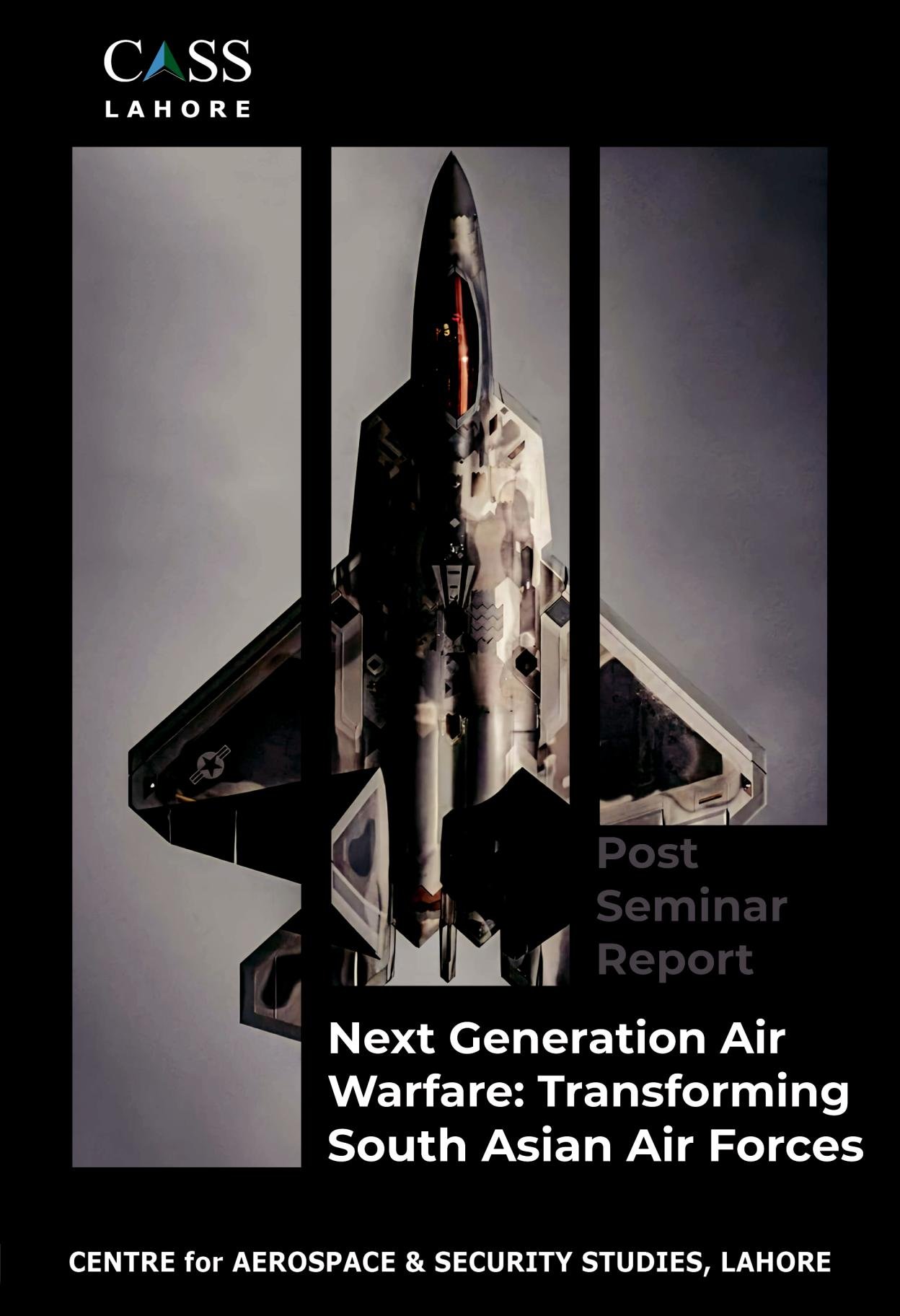
Post Event Report
A comprehensive report capturing expert analyses, strategic insights, key recommendations, media coverage, and event highlights.
Guest Speakers
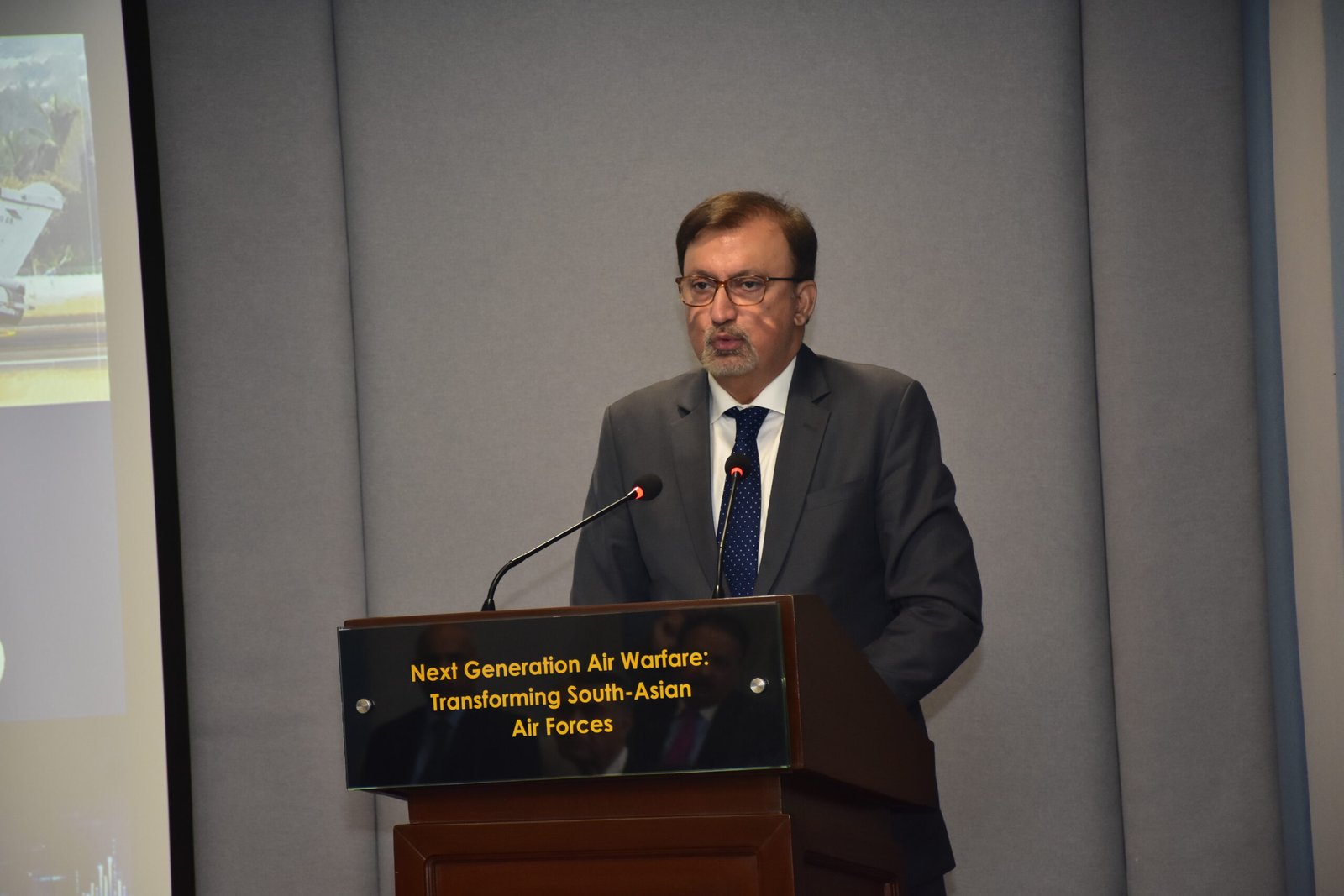
Air Cdre Khalid Banuri (Retd)
Senior Advisor, Project Phoenix
Dr Ghulam Mujaddid
Assistant Professor, SS Dept, NDU Islamabad
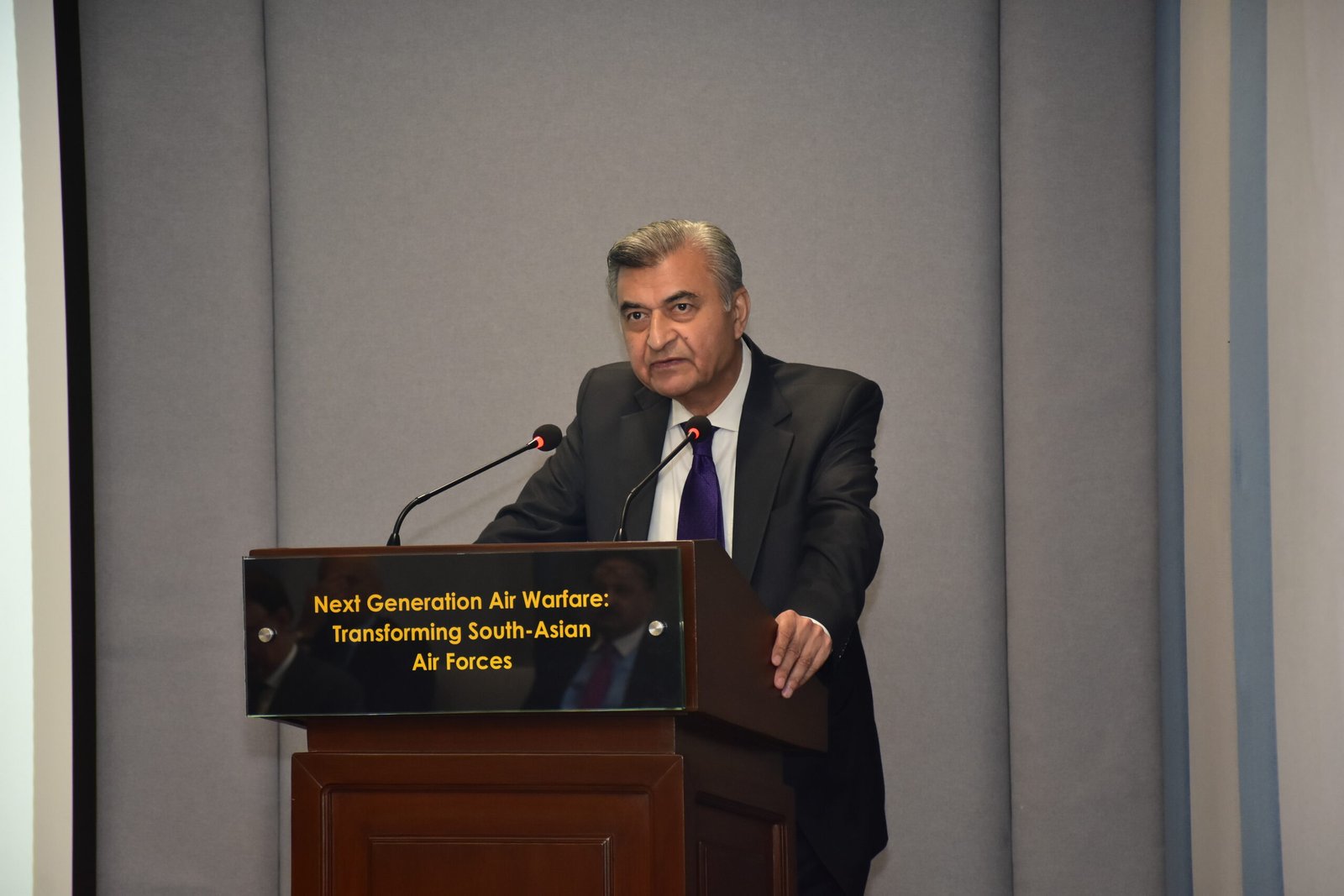
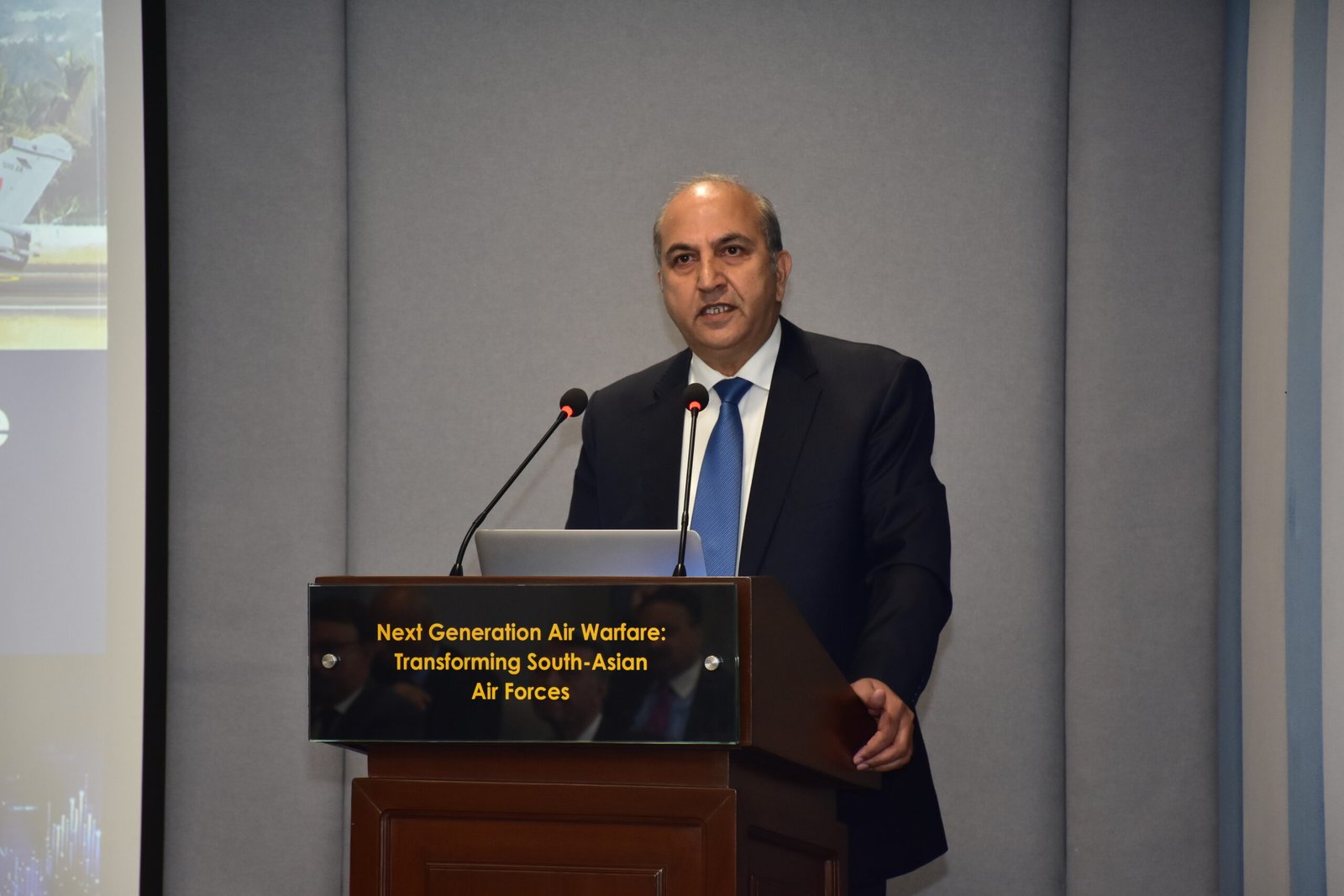
Dr Adil Sultan
Dean FASS, Air University Islamabad
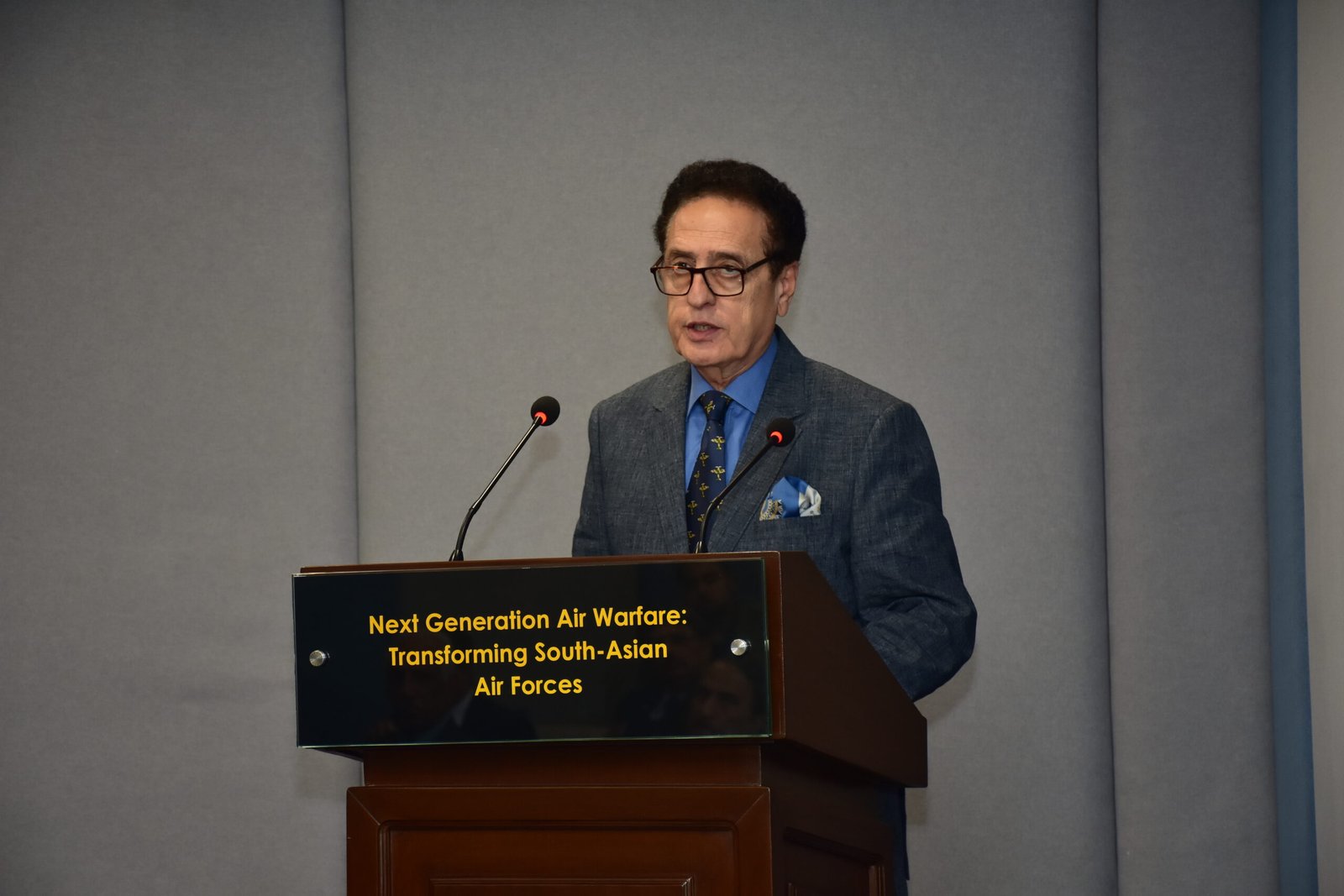
Event Chair
Air Marshal Asim Suleiman (Retd)
President CASS, Lahore
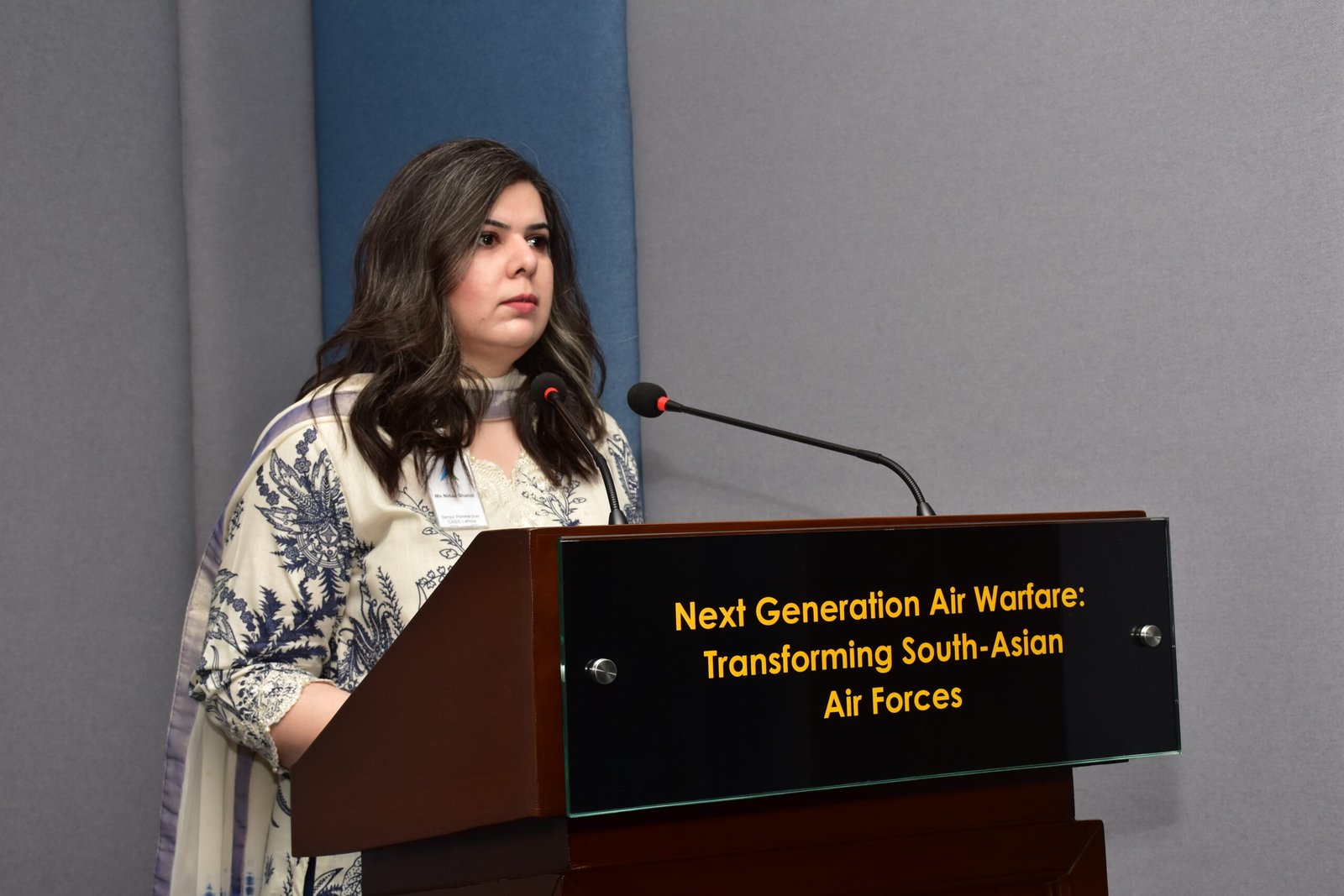
Event Coordinator
Nidaa Shahid
Senior Researcher, CASS Lahore
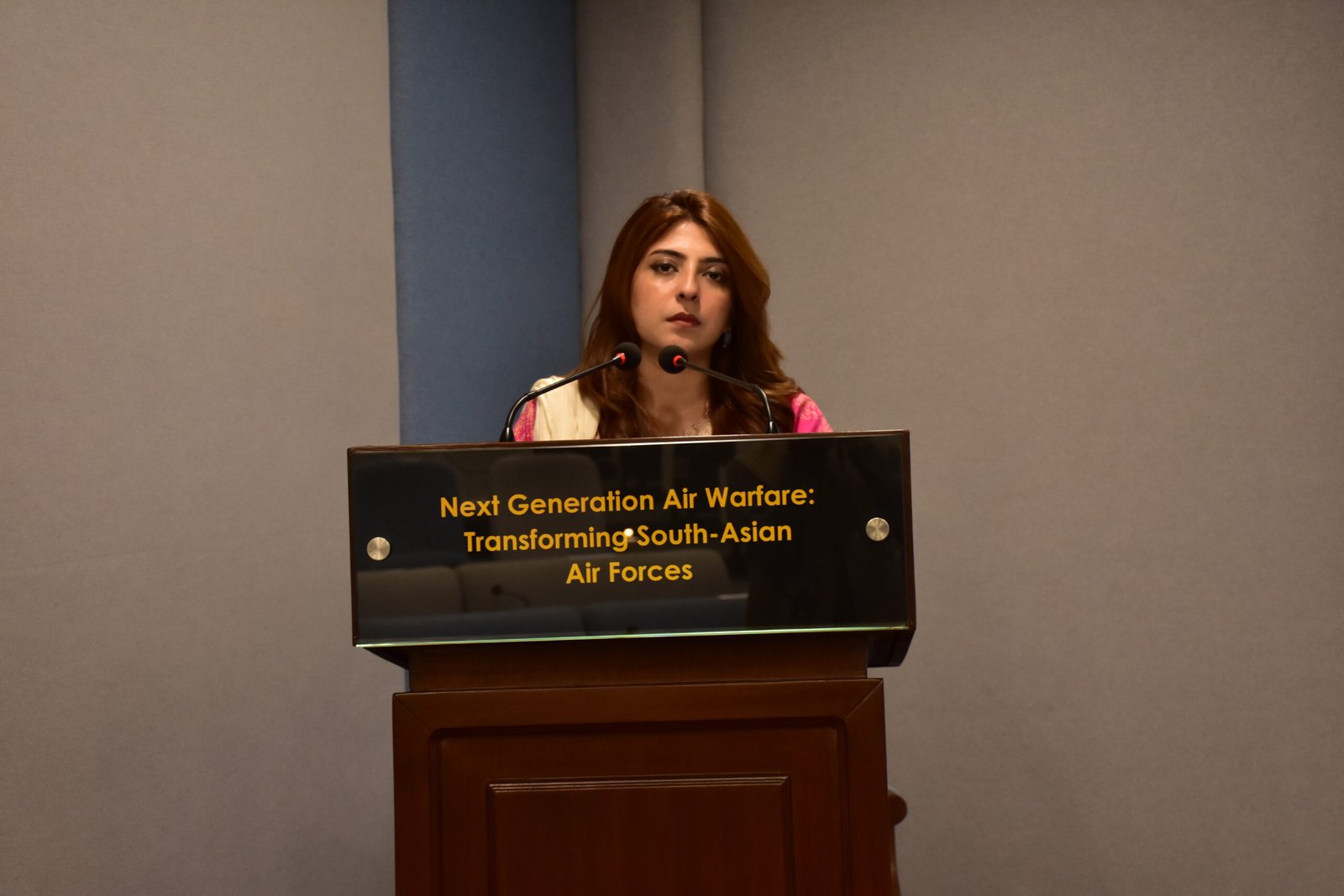
Master of The Ceremony
Warisha Rasheed
Researcher, CASS Lahore
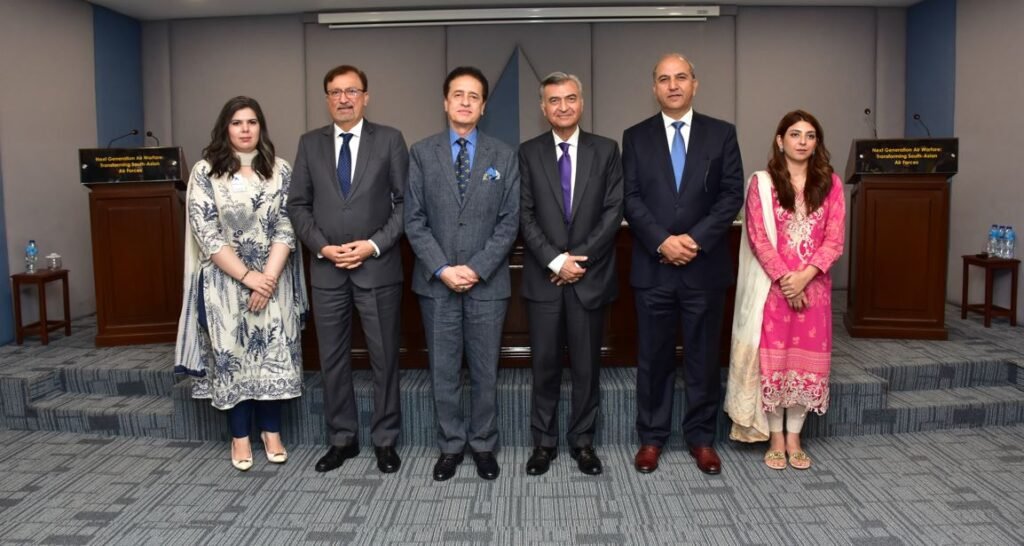
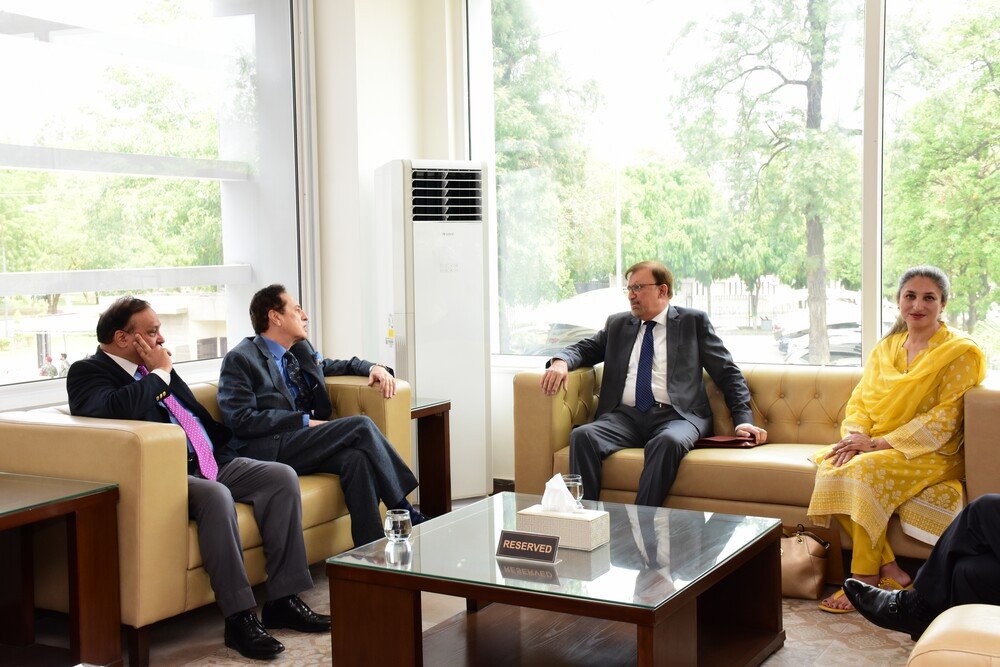
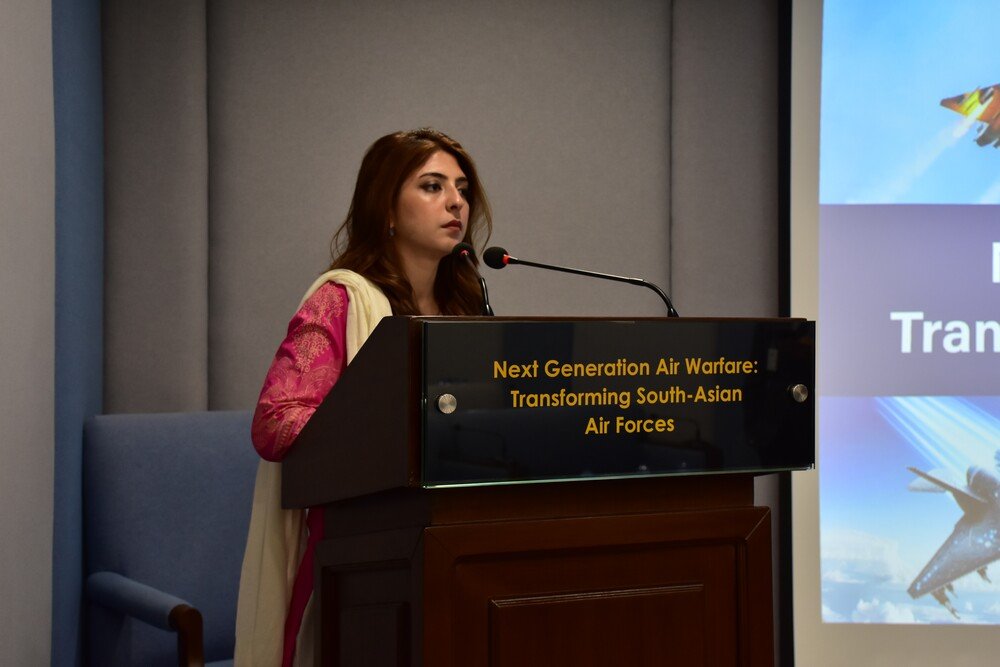
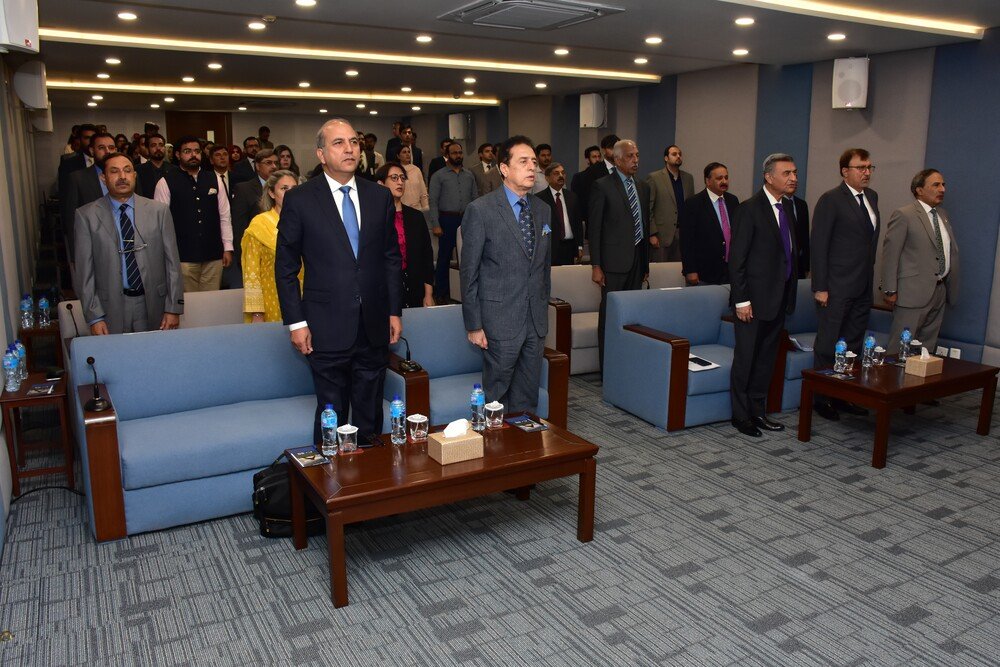
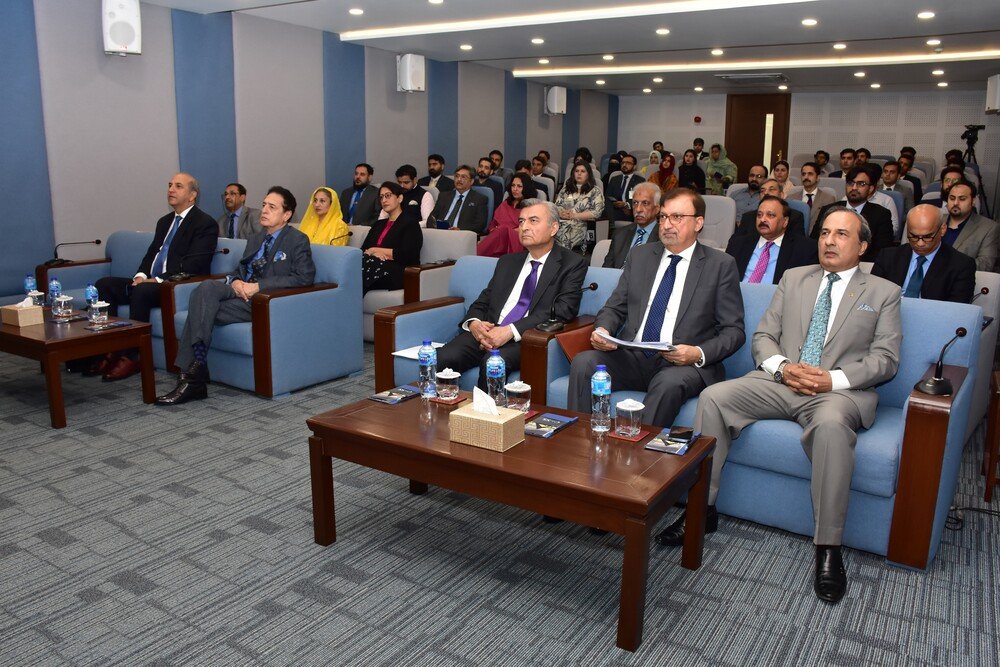
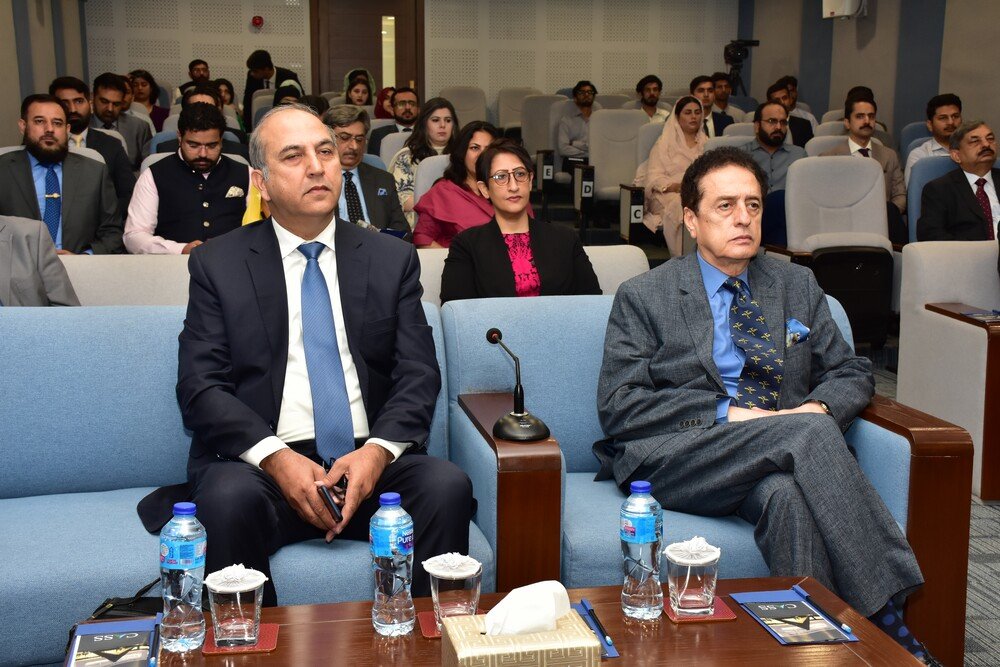
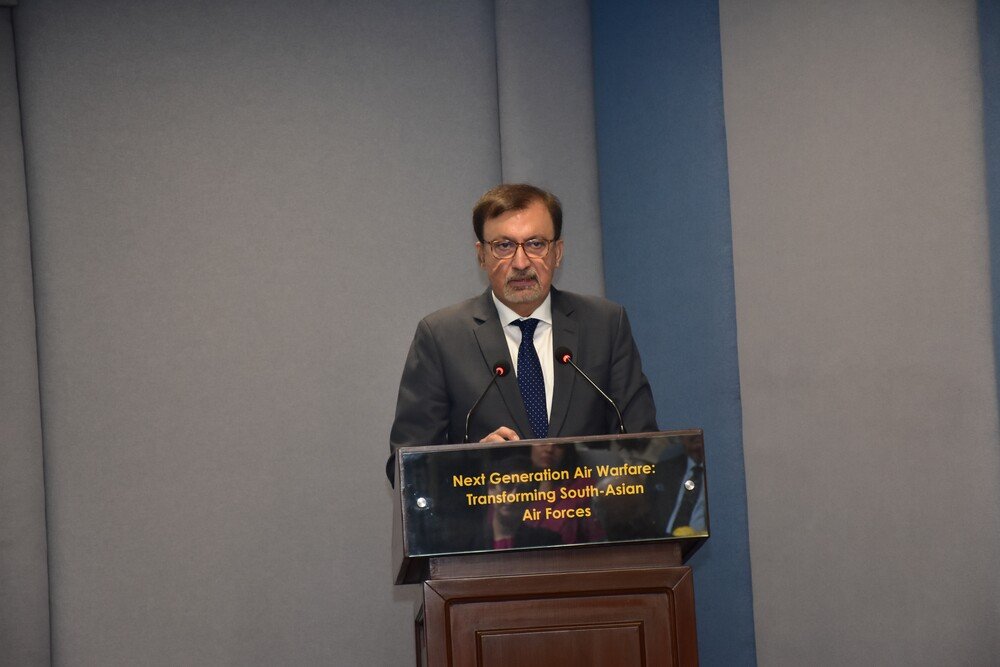
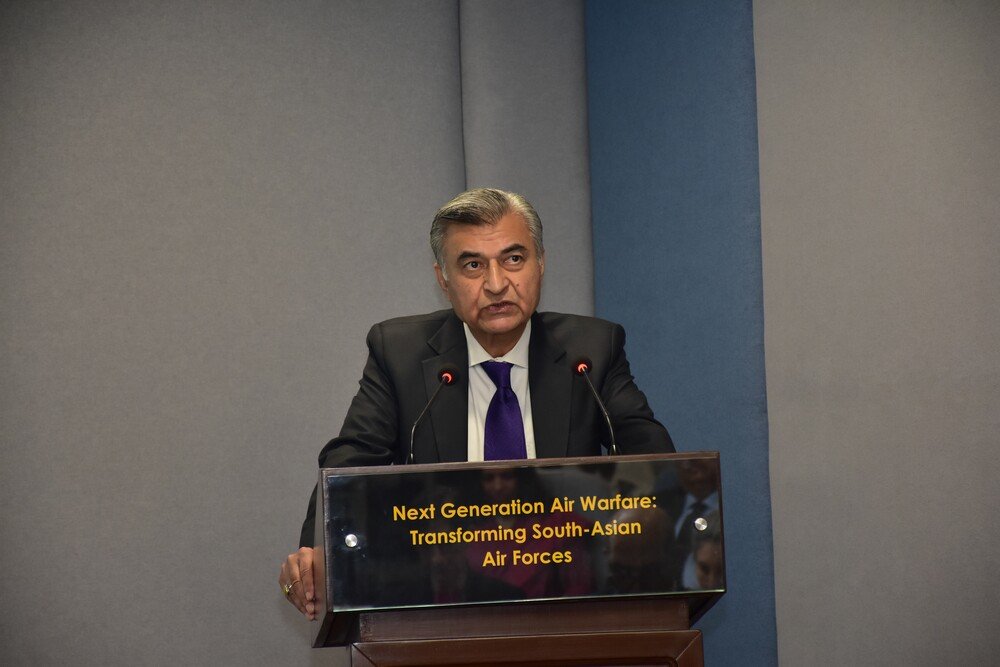
CASS LAhore

The Centre for Aerospace & Security Studies (CASS) was established in July 2021 to inform policymakers and the public about issues related to aerospace and security from an independent, non-partisan and future-centric analytical lens.
CASS Newsletter

@2025 – All Right Reserved with CASS Lahore.
- Home
- About Us
- Research Domains
- Publications
- Events
- Gallery
- Contact Us
@2021 - All Right Reserved. Designed and Developed by PenciDesign



